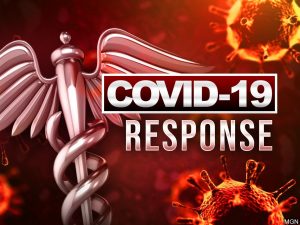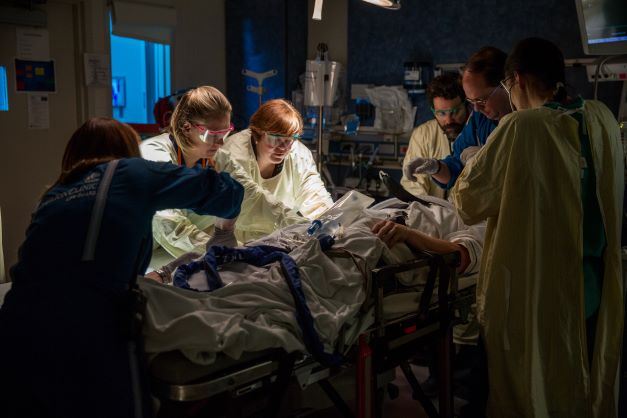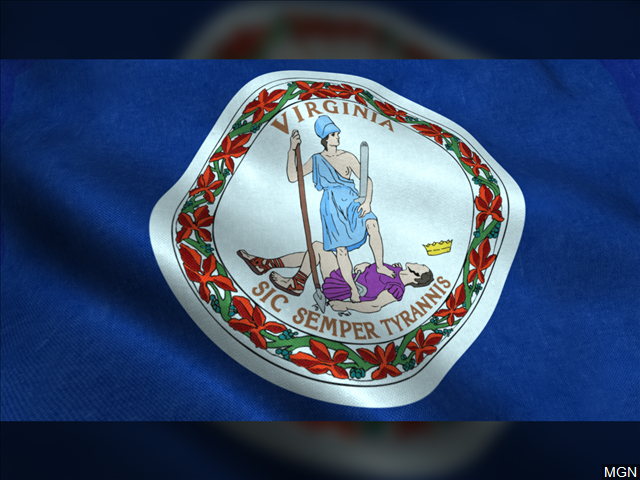 RICHMOND, Va. (AP) — Virginia health officials have eased COVID-19 testing criteria for doctors and nurses treating coronavirus patients and for nursing home and long-term care home residents, Gov. Ralph Northam announced on Saturday.
RICHMOND, Va. (AP) — Virginia health officials have eased COVID-19 testing criteria for doctors and nurses treating coronavirus patients and for nursing home and long-term care home residents, Gov. Ralph Northam announced on Saturday.
Northam also said the state was seeking more health-related supplies. A shipment of protective gear for health-care workers was distributed Friday, he said.
Health care workers “are literally are front line of defense, and they need our support and our protection,” the governor said at a news conference.
The lower testing thresholds were announced as Virginia health officials said the number of positive cases for the new coronavirus in the state was now over 150, an increase of nearly 40 from Friday. There have been two reported deaths. Nationwide, the deaths exceed 250.
To address the anticipated surge in individuals needing care, Northam said he had issued an executive order that would give nursing homes and hospitals more flexibility to add beds. Currently they must comply with Virginia’s certificate of need laws to expand capacity, so the order will reduce the red tape to do that, he said.
Positive cases in Virginia have already been reported at two long-term care facilities and at a skilled nursing and rehabilitation center.
For most people, the new coronavirus causes only mild or moderate symptoms, such as fever and cough. For some, especially older adults and people with existing health problems, it can cause more severe illness, including pneumonia.
Virginia’s public schools and about 20 percent of the state’s licensed day cares are closed. Northam warned that owners of movie theaters, gyms and other establishments subject to a 10-customer cap set in an emergency order can face misdemeanors and the loss of their business licenses if they don’t comply.
Attorney General Mark Herring issued an opinion late Friday making clear that Virginia law lets local governments and other public bodies conduct meetings electronically when a meeting’s purpose is to address an emergency.
But government leaders should delay electronic action on items that aren’t essential to the emergency response, and they still must comply with accountability measures like proper public notice and access, roll-call votes and recorded minutes, Herring said.



